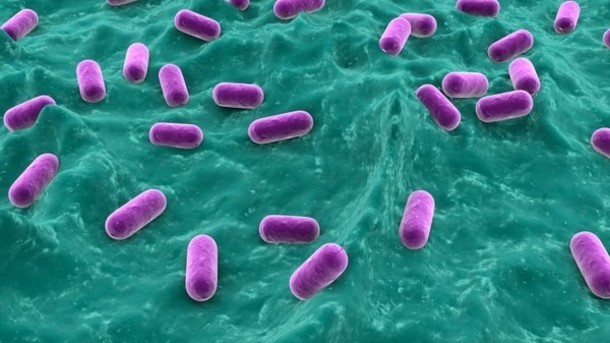Medical Nutrition
Tailored gut microbiota holds promise for lethal ammonia in liver disease: Mouse data

New research in mice has suggested that alterations to the microbiome that reduce the number of urease-producing bacteria could have significant benefits for people with liver disease who suffer from hyperammonemia meaning excessive ammonia in the blood.
Writing in the Journal of Clinical Investigation, the team behind the study noted that increasing evidence indicated that the gut microbiota could be altered to improve or prevent disease states, “and engineering the gut microbiota to therapeutically modulate host metabolism is an emerging goal of microbiome research”.
Led by Gary Wu at the University of Pennsylvania, the team added that a subset of bacterial species in the microbiota produced urease, an enzyme that converted the waste product urea into ammonia.
In healthy people this ammonia production supported a variety of physiological process, however, in people with liver disease – which could result in excess ammonia in the blood – the additional burden of ammonia produced by the gut bacteria could cause further problems – and may lead to neurotoxicity and further complications.
“We engineered murine gut microbiota to reduce urease activity,” explained Wu and colleagues, adding that animals were depleted of their pre-existing gut microbiota and then inoculated with altered Schaedler flora (ASF) - a defined consortium of eight bacteria with minimal urease gene content.
“This protocol resulted in establishment of a persistent new community that promoted a long-term reduction in fecal urease activity and ammonia production,” they wrote.
According to the team, the altered bacterial population was able to reduce circulating ammonia levels, resulting in lower mortality and neurobehavioral abnormalities in animals with liver disease.
“These results provide proof of concept that inoculation of a prepared host with a defined gut microbiota can lead to durable metabolic changes with therapeutic utility,” wrote the team.
Given hyperammonemia is a major contributor to ill health and mortality in people with liver disease, the team suggested that transplantation of next-generation engineered communities based on ASF, “coupled with improved preparation of the host as described here, represents a promising approach to more effective therapy".
Source: Journal of Clinical Investigation
Volume 125, Number 7, Pages 2841–2850, doi: 10.1172/JCI79214
“Engineering the gut microbiota to treat hyperammonemia”
Authors: Ting-Chin David Shen, et al














